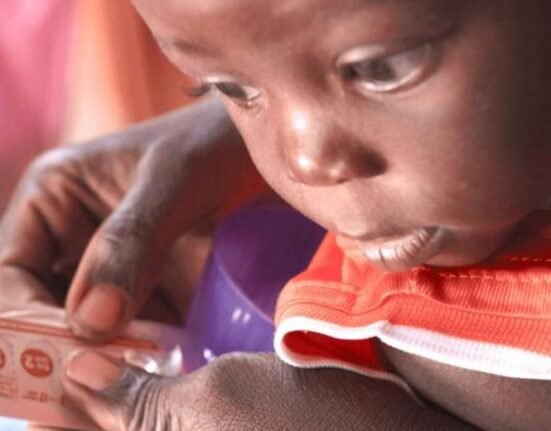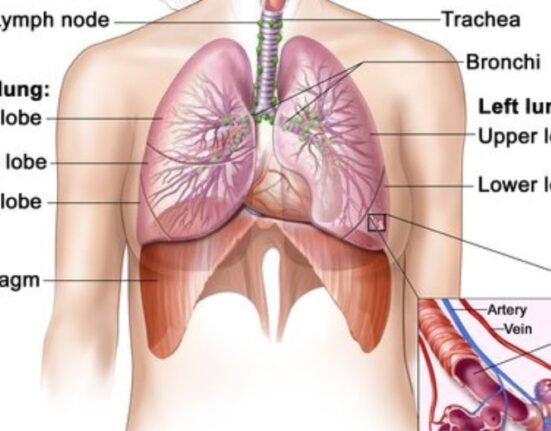HQ Team
November 30, 2023: The Covid-19 pandemic significantly disrupted malaria services, leading to a surge in both incidence and mortality rates, exacerbating already stalled progress against the disease, according to the WHO.
Globally, there were an additional five million malaria cases in 2022 over the previous year and five countries bore the brunt of these increases.
Pakistan saw the largest increase, with about 2.6 million cases in 2022 compared to 500,000 in 2021. Significant increases were also observed in Ethiopia, Nigeria, Papua New Guinea and Uganda.
Even before the Covid-19 pandemic, progress in the fight against malaria, since 2015, had already stalled due to rising drug and insecticide resistance and conflict, the WHO’s annual World Malaria Report stated.
In 11 countries that carry the highest burden of malaria, rates of new infections and deaths have levelled off following an initial upsurge during the first year of the pandemic.
‘High burden’
“These countries, supported through the WHO ‘high burden to high impact’ approach, saw an estimated 167 million malaria cases and 608,000 deaths in 2022. Given current trends, progress towards critical 2025 milestones of the WHO global malaria strategy “is off track by a wide margin.”
“It is crucial to recognize the multitude of threats that impede our response efforts,” said Dr Matshidiso Moeti, WHO Regional Director for Africa.
“Climate variability poses a substantial risk, but we must also contend with challenges such as limited healthcare access, ongoing conflicts and emergencies, the lingering effects of COVID-19 on service delivery, inadequate funding and uneven implementation of our core malaria interventions.
“To forge ahead toward a malaria-free future, we need a concerted effort to tackle these diverse threats that foster innovation, resource mobilisation and collaborative strategies.”
Pre-pandemic level
In 2022, there were estimated 249 million malaria cases globally, exceeding the pre-pandemic level of 233 million in 2019 by 16 million cases.
In addition to the disruptions caused by COVID-19, the global malaria response has faced a growing number of threats, such as drug and insecticide resistance, humanitarian crises, resource constraints, climate change impacts and delays in programme implementation particularly in countries with a high burden of the disease, according to the report.
Changes in temperature, humidity and rainfall can influence the behaviour and survival of the malaria-carrying Anopheles mosquito.
Extreme weather events, such as heatwaves and flooding, can also directly impact transmission and disease burden. Catastrophic flooding in Pakistan in 2022, for example, led to a five-fold increase in malaria cases in the country.
Climate change challenge
“The changing climate poses a substantial risk to progress against malaria, particularly in vulnerable regions,” said Dr Tedros Adhanom Ghebreyesus, WHO Director-General.
“Sustainable and resilient malaria responses are needed now more than ever, coupled with urgent actions to slow the pace of global warming and reduce its effects,” he said.
Data on the long-term impact of climate change on malaria transmission is “sparse.” However, the direction and magnitude of any impacts are likely to vary across social and ecological systems, both within and between countries, according to the report.
In October 2023, WHO recommended a second safe and effective malaria vaccine, R21/Matrix-M. The first was RTS, S/AS01. The availability of two malaria vaccines is expected to increase supply and make broad-scale deployment across Africa possible.
“A substantial pivot in the fight against malaria is needed, with increased resourcing, strengthened political commitment, data-driven strategies and innovative tools.
“Innovation should focus on the development of more efficient, effective and affordable products,” according to the report.








